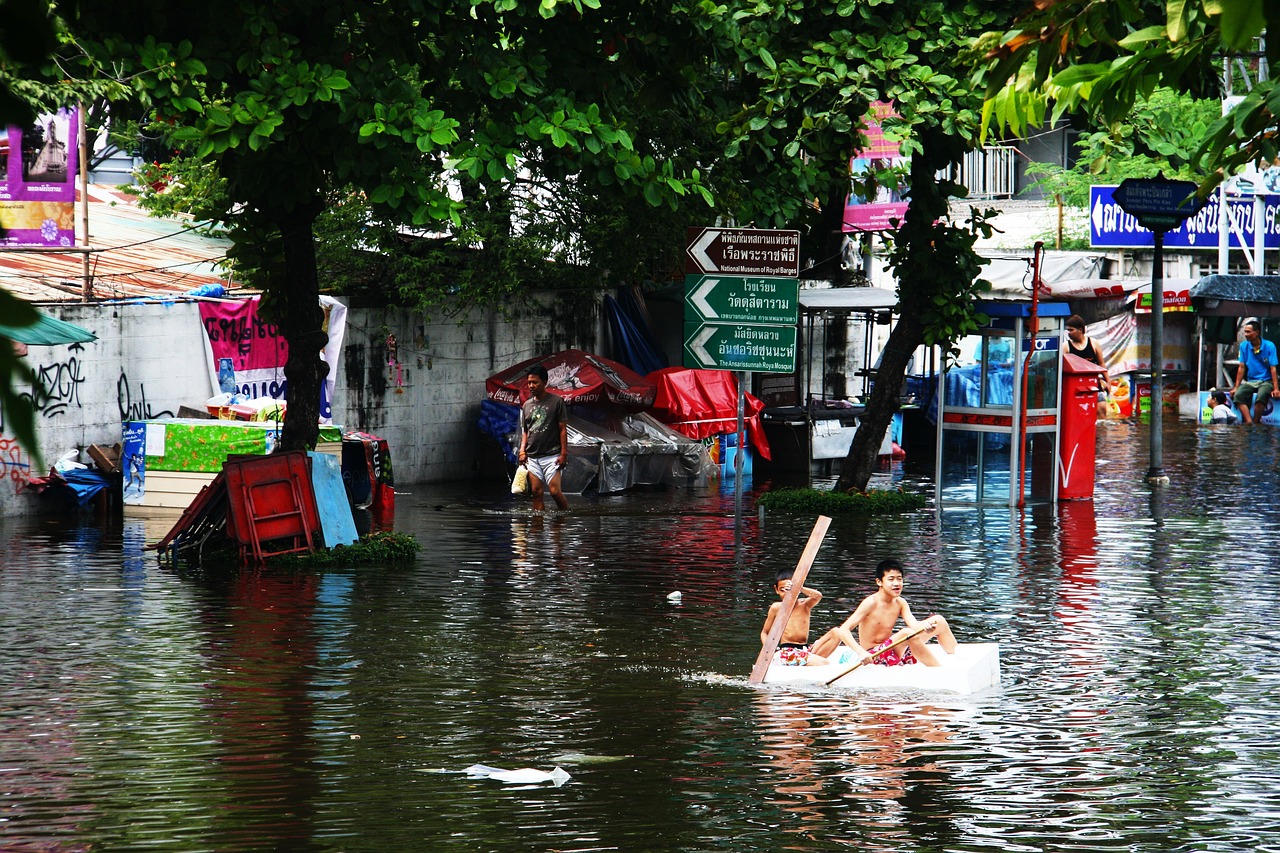An IFIP panel of experts from Working Group 5.15 and the new IFIP Task Force on Climate Change and Digital Technology delivered a thematic workshop on Thursday 20th April as part of the WSÏS Forum.
The online event, which explored the topic of on the topic of “IT in Disaster Risk Reduction”, was moderated by WG5.15 Chair Yuko Murayama. She was joined on the panel by Marcos Borges, Julie Dugdale, Kenny Meesters and Raimundo Macêdo.
The group took turns in sharing insights from their research as academics specialising in disaster risk reduction.
Professor Dugdale spoke about how human behaviour can be unpredictable during disasters because of family ties as well as cultural/religion and societal issues. She said many simulators lack the focus on the human element, assuming that people will act logically rather than emotionally.
Professor Marco Borges discussed the costs associated with disasters (both natural and social), revealing that while the number of disasters roughly doubled between 1980-1999 and 2000-2019, the number of deaths remained fairly consistent. However, he highlighted the huge financial and social costs associated with disasters and the long-term consequences for social structures, relationships etc.
While he said it was uncertain whether climate change was responsible for the increase in the number of disasters, he said climate change-related events might have longer term impacts relating to environmental degradation, population displacement and economic disruption.
Processor Macêdo said while existing disaster response structures were largely effective at dealing with the immediate response needed after a disaster, there is still less clarity about the longer term responses such as where to rebuild first , because policy and politics have roles to play here.
Mr Meesters shared how young people have begun to play a more active role in disaster response, building apps to improve communication and access to assistance and resources in the aftermath of a disaster.






